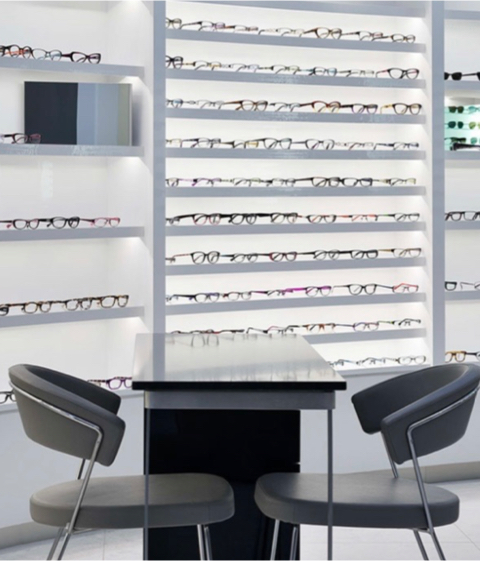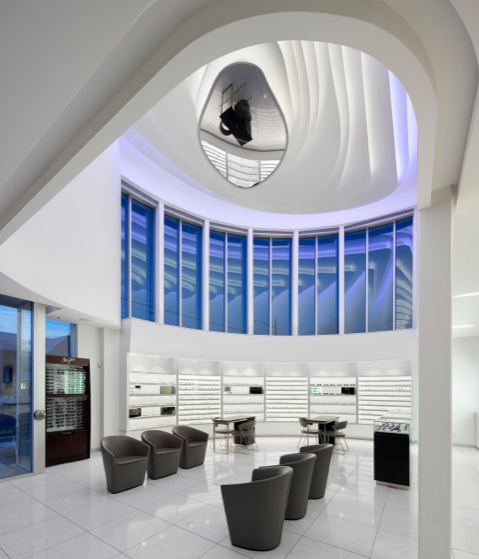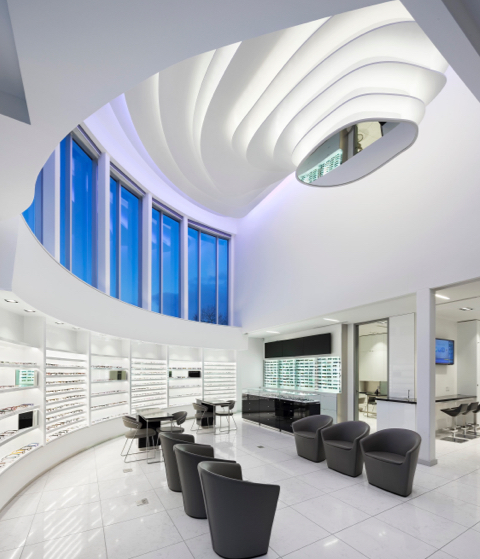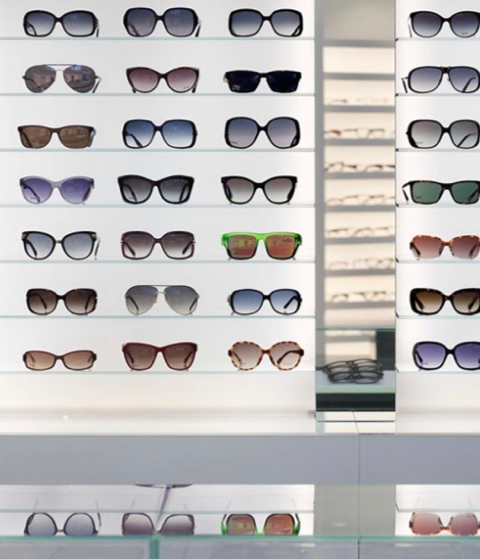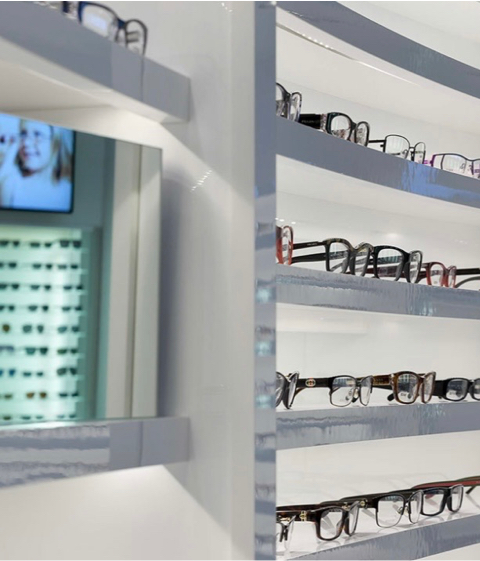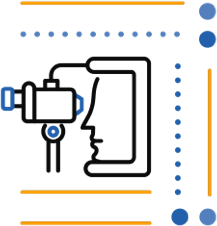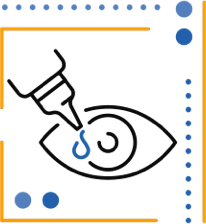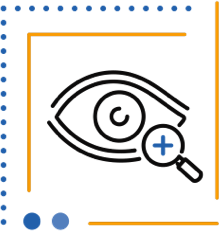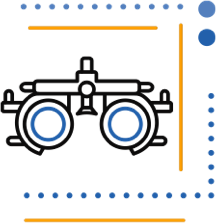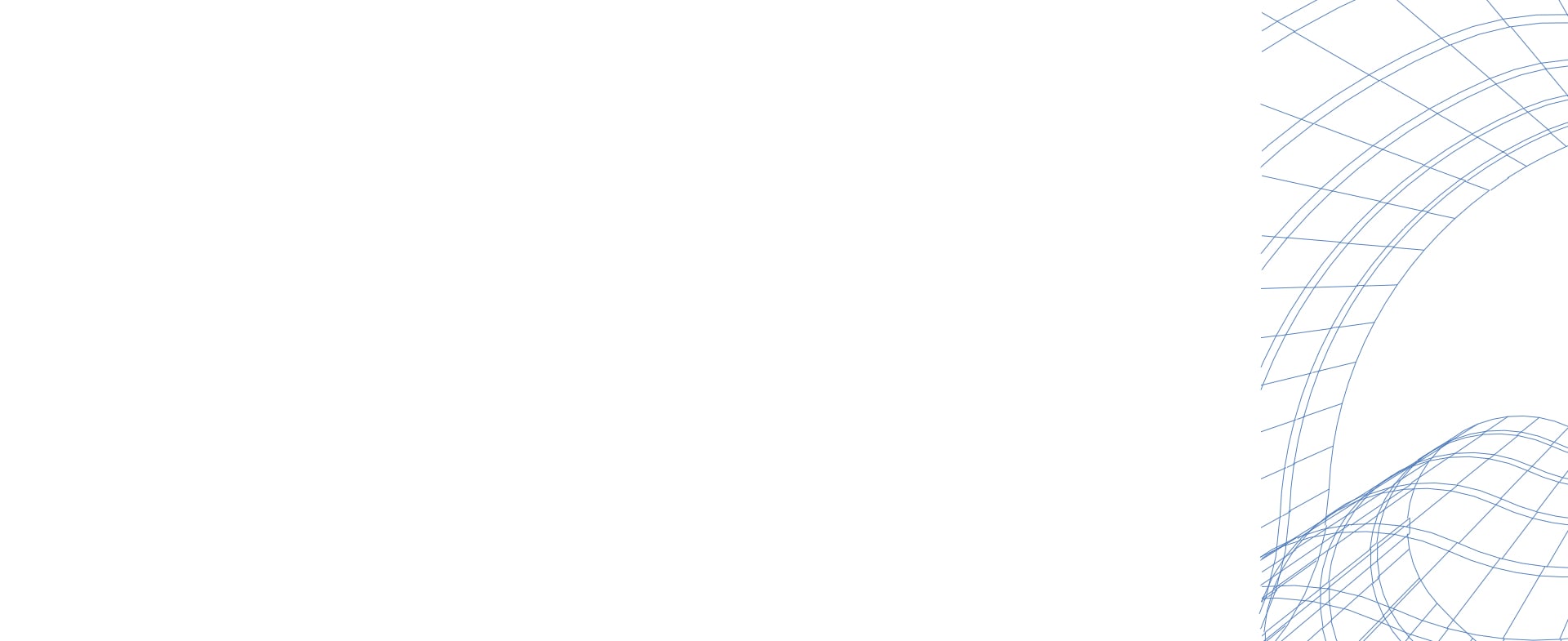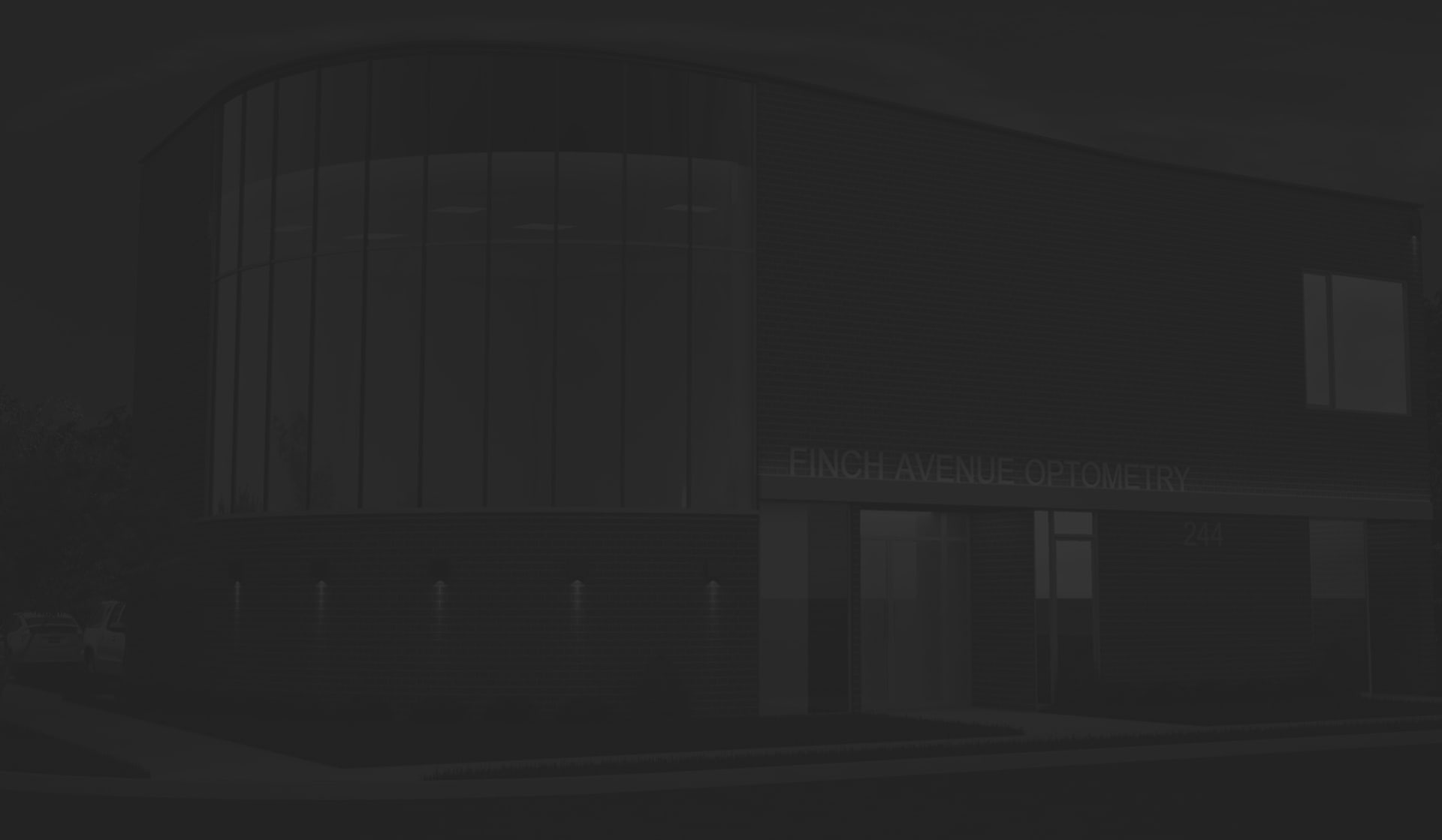Caring for Your Child’s Eye Health and Vision
Your child uses their vision to help understand the world around them, especially since 80% of their learning is visual-based. Considering the importance of their vision, regular eye exams are essential for ensuring your child’s eyes function at their best.
Visit Finch Avenue Optometry, and we can help care for your child’s vision and eye health. Our team is here to teach them about the importance of healthy vision.
How Often Should We See
Your Child for an Eye Exam?
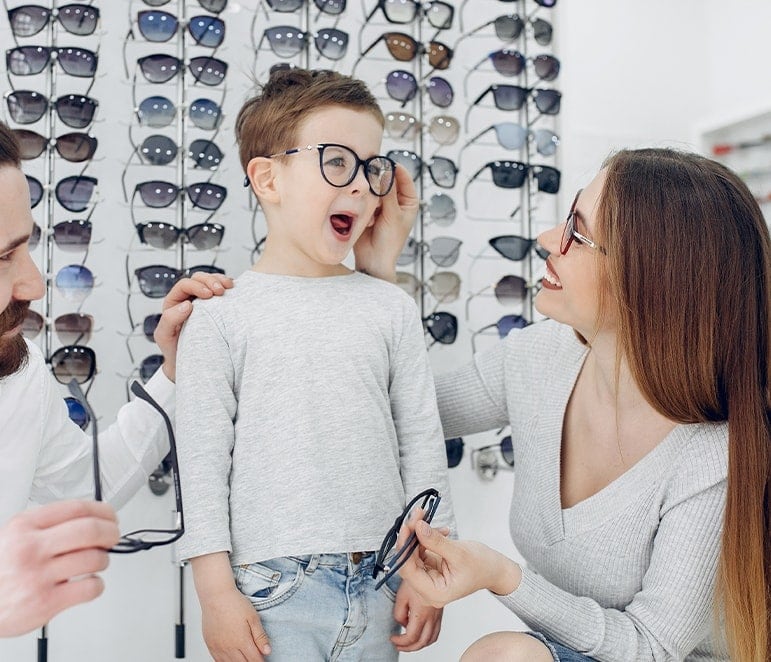
Children need regular eye exams as they grow up to ensure their eyes are working well. These eye exams help us identify vision changes and eye problems as early as possible.
The Canadian Association of Optometrists recommends your child has their first examination between 6–9 months old. At least one exam should occur between the ages of 2 and 5. After your child starts school, they should have annual eye exams until they turn 19.

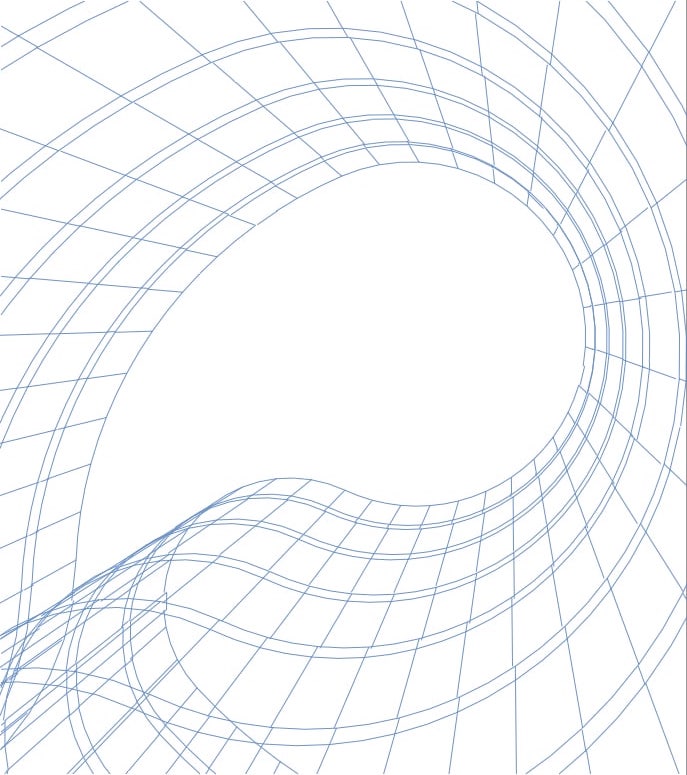
Signs Your Child May Have a Vision Problem
Many children do not realize they have a vision issue because they assume everyone sees as they do. As their guardian, it’s important to watch for signs of a potential vision problem, so you know when to take them for an eye exam.
Your child may have a vision problem if they experience any of the following symptoms:
- Squinting or holding objects close to their face
- Complaining about strained eyes or headaches
- Head turning or tilting
- Blinking excessively
- Tearing, itching, or burning eyes

Common Eye Conditions
Many eye problems can develop in childhood and affect your child’s vision and eye health. We can diagnose these conditions as early as possible during their eye exam. These common eye problems include amblyopia, refractive errors, and strabismus.
Amblyopia
Amblyopia happens when one eye has weak vision due to an uncorrected vision problem. Because vision from one eye is poor, the brain begins to favour the unaffected eye, causing worsened vision. Treatment involves strengthening the weaker eye by forcing the brain to rely on it.
Refractive Errors
Refractive errors affect how light enters the eye and are why many patients need glasses. There are 3 common refractive errors your child can develop: astigmatism, hyperopia, and myopia.
- Astigmatism occurs when the cornea is irregular, leading to distorted or blurry vision.
- Hyperopia happens when the eye is too short or the cornea is too flat. This condition causes nearby objects to look blurry.
- Myopia occurs when the eye is too long or the cornea is too steep, causing blurry vision from far distances.
Strabismus
Strabismus occurs when the eyes cross or turn outward. This condition happens in one or both eyes, causing vision problems.
The eyes lack coordination, causing the brain to ignore vision from one eye or create a double image. One or both eyes may turn in, out, up, or down.
Time for Your Child’s Next Eye Exam?
We are here when your child needs quality eye care. We can watch and assess their vision as they grow, helping your child enjoy clear sight. Book an appointment when it’s time for their next eye exam.

Browse Our Brands

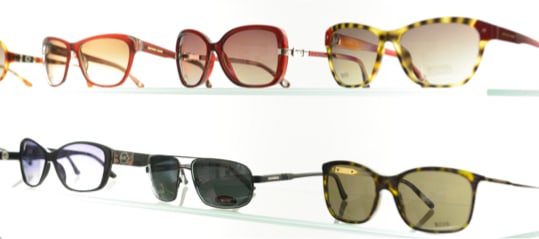
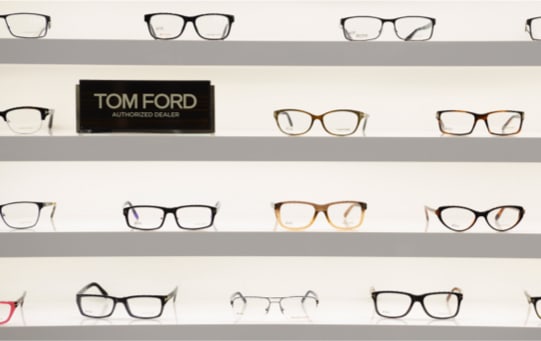



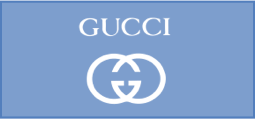
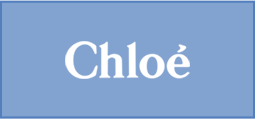
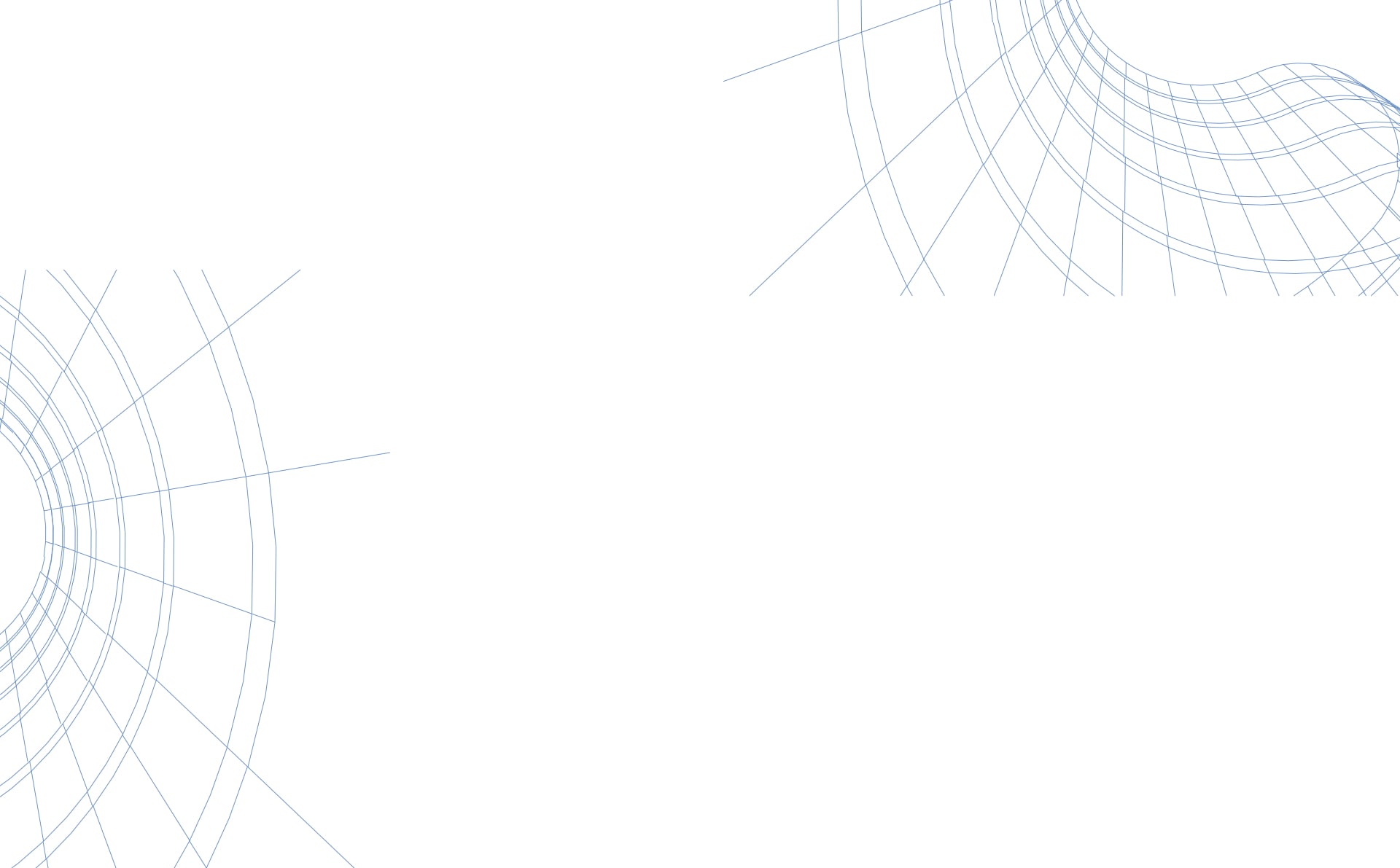
Our Location
Our clinic is right on the corner of Finch Avenue West and Endell Street. Convenient parking is available in our lot off Endell Street, right behind our office.
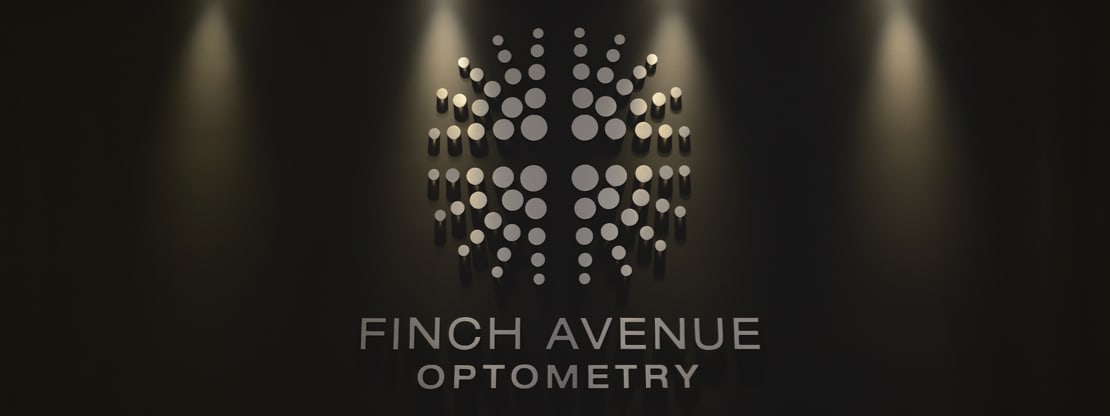
Our Address
- 244 Finch Avenue West
- Toronto, ON M2R 1M7
Contact Information
- Phone: 416-222-7788
- Fax: 416-222-5370
- Email: info@finchavenueoptometry.ca
Hours Of Operation
- Monday: 9:00 AM – 5:00 PM
- Tuesday: 11:00 AM – 7:00 PM
- Wednesday: 8:00 AM – 4:00 PM
- Thursday: 9:00 AM – 5:00 PM
- Friday: 8:00 AM – 4:00 PM
- Saturday: 8:00 AM – 2:00 PM
- Sunday: Closed
*Our operating hours may vary, and our office remains locked during regular business hours. All visits are currently by appointment only. Please refer to our Google business page for the updated information or contact us directly to schedule an appointment.


